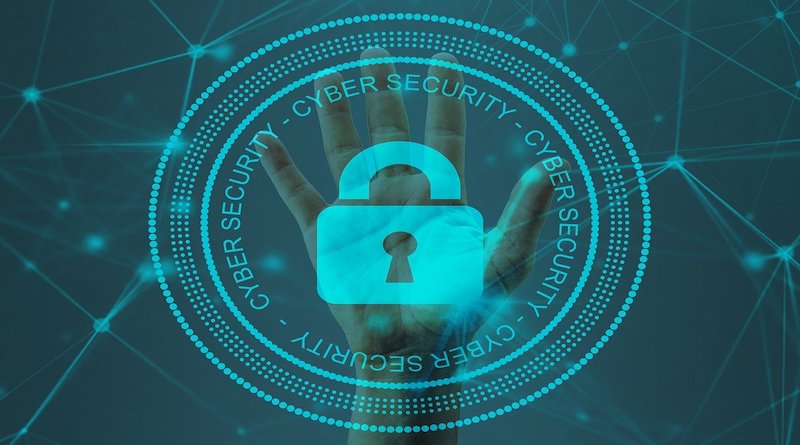Cybersecurity Tips for Digital Nomads
Table of Contents
In the past decade, there has been extensive evolution in how we work. There’s more technology than ever before, and many businesses are moving toward cloud-based infrastructures. These changes allow for people to work from anywhere.
On the employer end, there are considerations in the cloud-driven business world, such as authentication and access when employees are working in a dispersed environment.
Employees and business owners who work remotely, and especially as digital nomads, also have to think about cybersecurity. As a digital nomad, you have the advantage of working from anywhere, but in doing so, you have to be mindful of the possible risks this can create.
The following are general cybersecurity tips if you’re a digital nomad, and these can also often be helpful if you work remotely but don’t necessarily travel while doing so.
Use a VPN
Whether you have an employer or work for yourself, you need to use a reliable VPN if you’re a digital nomad or traveling remote worker.
You’re probably going to be working on unsecured Wi-Fi networks at cafes, airports, and hotels or rentals. If you’re not using a VPN, you’re leaving your work and personal information and data open to a lot of vulnerability.
A VPN or virtual private network is like an encrypted tunnel. It helps protect your sensitive data as it’s going between your device and a recipient.
You have to make sure you’re upholding your responsibility to your employer or clients to keep all of their information safe and secure.
When you use a VPN, no one can see your data, even if someone is lurking on the network you’re using. There are other benefits of a VPN as well. For example, a bad actor can’t route you to a phishing page, and it’s more challenging for online advertisers to track you. You might also be able to access sites that would otherwise be censored in your location.
Even if you use a VPN, try to avoid public Wi-Fi when you can. Ransomware, Man-in-the-Middle attacks, and identity theft are common on open networks.
Put a Privacy Filter On Your Screen
A privacy filter is a simple way to keep people from snooping when you’re working in a public place. You can attach them to your screen quickly, and then you can only see the screen if you’re viewing it from straight-on.
This is generally a handy feature if you often work on the go.
Be Mindful of Device Theft
When we talk about cybersecurity, theft of the actual physical device isn’t necessarily something we consider as often as we should. When you’re a digital nomad, device theft is a significant risk.
Not only would this put the information on your device at risk, but you wouldn’t be able to work until you replaced it.
In the U.S., devices may not be valuable enough for thieves to consider them because they’re so widely available, but this isn’t necessarily true if you’re abroad.
Use a carrying case with a secure passcode. Not only will this keep thieves from being able to access what’s on your device if they do steal it, but they’ll also be less likely to take it in the first place because it won’t be worth it to them.
You can use a device tracker on everything, including your computer and phone.
Keep your lock screen enabled whenever you’re not using your device and secure it with a pin or biometric ID like your fingerprint.
If you can’t recover your device, the goal is to be able to remotely wipe it so you can at least prevent your work and personal data from being accessed.
Depending on where you’re working and your level of concern, you might only want to use a cheap burner phone when you’re out and about during the day and keep the devices that are most important to your work or business in a safe place.
Use a Mobile Hotspot
Finally, if you’re a digital nomad, a mobile hotspot can be a good investment. Not only will it keep you off public Wi-Fi, but it will provide you with business continuity in case you don’t have access to the internet otherwise.
With most mobile hotspots, you put in a local SIM card. The card should have data, and then you connect your devices to it.
There are also global hotspots that you can use without local SIM cards, which may be more practical if you move around a lot. This can help you have a solid connection to work whenever you need it.
